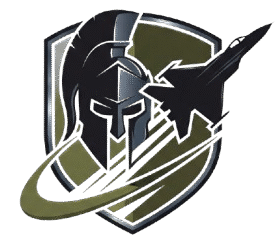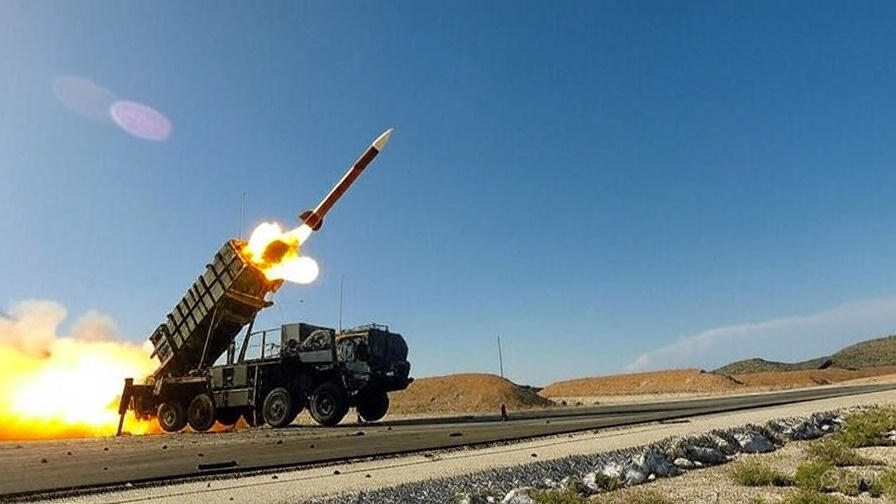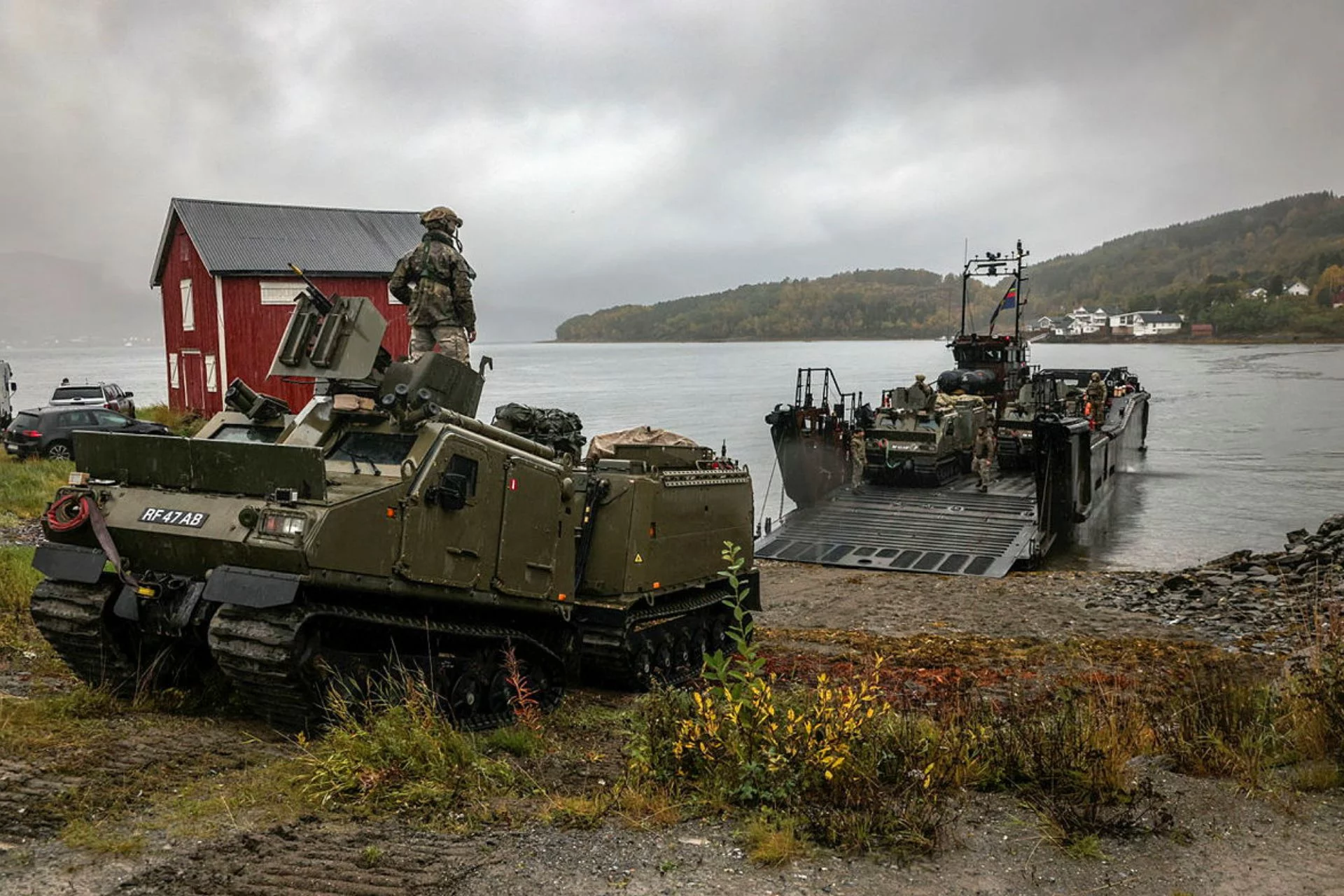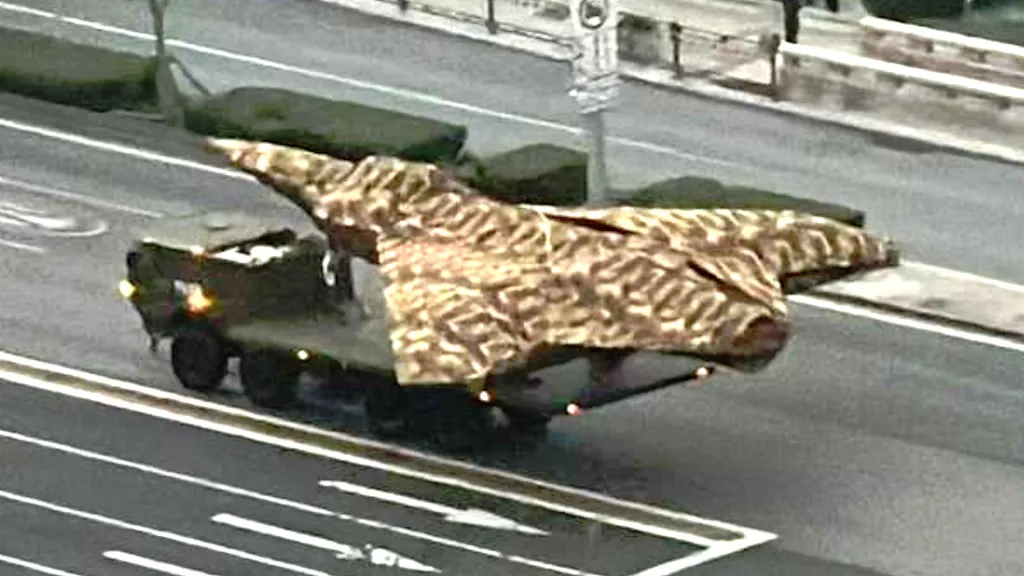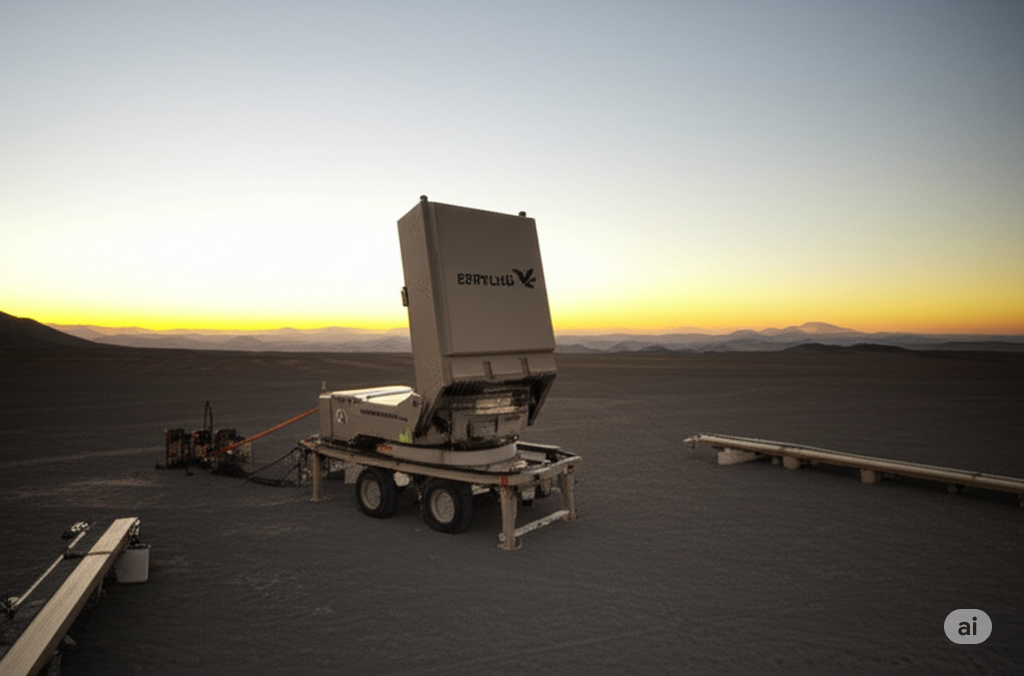In a significant move to strengthen Ukraine’s defense capabilities amid the ongoing conflict with Russia, Germany has delivered two additional Patriot air defense system launchers to Kyiv. This latest contribution, announced on July 31, 2025, underscores Germany’s commitment to supporting Ukraine against Russian aggression. The delivery enhances Ukraine’s ability to counter aerial threats, particularly as Russian forces intensify their missile and drone attacks on Ukrainian cities and infrastructure. This article explores the details of this development, its strategic implications, and the broader context of international support for Ukraine.
Background of the Ukraine-Russia Conflict
The conflict between Ukraine and Russia, which escalated in February 2022, has seen relentless Russian airstrikes targeting civilian and military infrastructure. Ukraine’s air defense systems have been critical in mitigating these attacks, but the country has faced challenges in maintaining sufficient defensive capabilities due to the sheer volume of Russian offensives. Advanced systems like the Patriot, developed by the United States, are pivotal in intercepting ballistic missiles, cruise missiles, and aircraft, offering Ukraine a robust shield against aerial threats.
Germany, a key NATO ally, has been a steadfast supporter of Ukraine since the onset of the conflict. Alongside financial aid, humanitarian assistance, and military training, Germany has provided critical defense equipment, including Leopard tanks, IRIS-T air defense systems, and now additional Patriot launchers. This latest delivery builds on previous contributions, including a full Patriot battery provided in 2023, and reflects Germany’s strategic pivot toward a more proactive role in European security.
Details of the Patriot Launcher Delivery
On July 31, 2025, the German Ministry of Defence confirmed the transfer of two Patriot missile launchers to Ukraine. The Patriot system, formally known as the Phased Array Tracking Radar to Intercept on Target, is one of the most advanced air defense systems in the world. Each launcher can deploy multiple interceptors, capable of neutralizing a wide range of threats, from tactical ballistic missiles to low-flying drones. The delivery includes not only the launchers but also associated logistical support, ensuring Ukraine can integrate them into its existing air defense network.
This move follows Germany’s earlier commitments to bolster Ukraine’s air defenses. In 2024, Germany spearheaded an initiative to coordinate international contributions of air defense systems, urging NATO partners to supply Ukraine with additional Patriot systems. The two launchers delivered in July 2025 are part of this ongoing effort, bringing the total number of German-supplied Patriot launchers to Ukraine to six. While exact details on the number of interceptors or additional radar systems remain undisclosed for operational security, the delivery significantly enhances Ukraine’s defensive posture.
Strategic Implications for Ukraine
The addition of two Patriot launchers is a game-changer for Ukraine’s air defense strategy. Russian forces have increasingly relied on long-range missile strikes and drone swarms to target Ukrainian cities, energy infrastructure, and military positions. The Patriot system’s advanced radar and interception capabilities allow Ukraine to protect key urban centers, such as Kyiv, and critical infrastructure, reducing the devastating impact of Russian attacks.
Moreover, the Patriot launchers provide Ukraine with a psychological boost. The ability to intercept advanced Russian missiles, such as the Iskander or Kinzhal, demonstrates Ukraine’s resilience and technological edge, bolstered by Western support. This capability is particularly crucial as Ukraine prepares for potential escalations in the conflict, especially during the winter months when energy infrastructure becomes a prime target.
The delivery also has broader implications for regional security. By strengthening Ukraine’s air defenses, Germany is contributing to the stability of Eastern Europe, where the spillover effects of the conflict could threaten NATO members like Poland and the Baltic states. The Patriot systems serve as a deterrent, signaling to Russia that Ukraine’s allies remain committed to countering aggression.
Germany’s Role in Supporting Ukraine
Germany’s decision to supply additional Patriot launchers reflects its evolving role in European defense. Historically cautious about direct military involvement, Germany has undergone a significant policy shift since 2022, driven by the Zeitenwende (turning point) announced by Chancellor Olaf Scholz. This policy reorientation has seen Germany increase its defense spending, modernize its armed forces, and take a leading role in supporting Ukraine.
The delivery of Patriot launchers is part of a broader package of German military aid, which includes Gepard anti-aircraft systems, MARS II rocket launchers, and self-propelled howitzers. Germany has also trained Ukrainian forces on operating complex systems like the Patriot, ensuring effective integration into Ukraine’s defense strategy. This training, conducted in Germany and other NATO countries, has been critical in enabling Ukraine to maximize the potential of advanced Western-supplied equipment.
Beyond military aid, Germany has provided substantial economic and humanitarian support to Ukraine. This multifaceted approach underscores Germany’s recognition of the interconnected nature of security, economic stability, and humanitarian needs in the context of the ongoing war.
International Collaboration and NATO’s Role
The delivery of Patriot launchers is not an isolated effort but part of a coordinated international response to Ukraine’s defense needs. The United States, which originally developed the Patriot system, has also supplied Ukraine with multiple batteries, while countries like the Netherlands and Romania have contributed components or interceptors. NATO’s role in facilitating these transfers has been crucial, providing a platform for member states to align their contributions and ensure interoperability.
Germany’s leadership in rallying NATO allies to provide air defense systems highlights the importance of collective defense. The initiative, launched in 2024, has seen commitments from countries like Italy, Spain, and Poland, which have either donated equipment or pledged to backfill the arsenals of contributing nations. This collaborative effort ensures that Ukraine receives a steady supply of critical systems while maintaining NATO’s own defense capabilities.
Challenges and Future Considerations
Despite the positive impact of the Patriot delivery, Ukraine faces ongoing challenges in sustaining its air defense network. The high cost of Patriot interceptors, estimated at $2-4 million per missile, places a financial burden on Ukraine and its allies. Additionally, the complexity of the Patriot system requires trained personnel and robust logistical support, which can strain Ukraine’s resources amid a protracted conflict.
Looking ahead, Ukraine will need continued international support to maintain and expand its air defense capabilities. Germany has signaled its willingness to provide further assistance, potentially including additional launchers or interceptors. However, the sustainability of such aid depends on political will within Germany and other NATO countries, as well as the availability of resources in the face of competing global security demands.
Conclusion
Germany’s delivery of two additional Patriot launchers to Ukraine marks a significant step in bolstering Kyiv’s air defense capabilities. As the conflict with Russia continues, these advanced systems will play a critical role in protecting Ukrainian lives and infrastructure. Germany’s contribution reflects its growing leadership in European security and its commitment to supporting Ukraine against Russian aggression. With international collaboration and sustained support, Ukraine can strengthen its resilience, paving the way for a more secure future.
